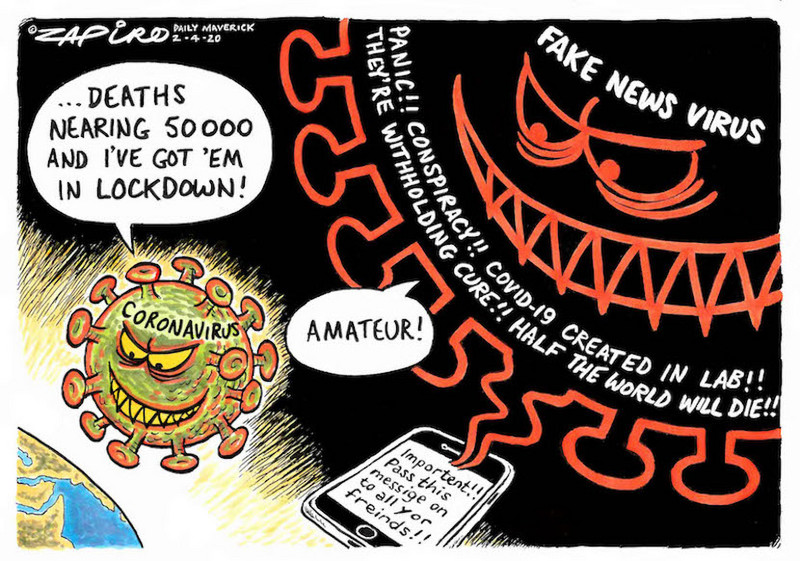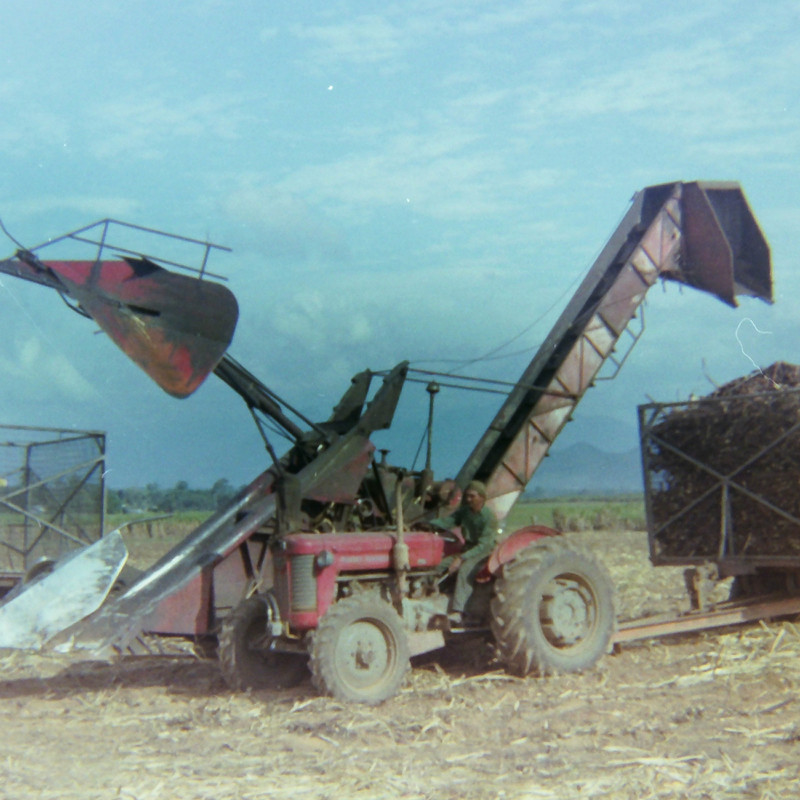Man, do not pride yourselves on your superiority to the animals, for they are without sin, while you, with all your greatness, you defile the earth wherever you appear and leave an ignoble trail behind youand that is true, alas, for almost every one of us! – Fyodor Dostoyevsky (Russian novelist and philosopher in the 1820s)
There is a classic saying one hears from time to time; dont mess with Mother nature, and it sort of resonates for a short while before our minds leap forward not really wanting to confront what we have done to our planet and sadly, continue to do. The scorecard in terms of our impact on the physical environment is mind boggling and includes; overpopulation, pollution, burning fossil fuels and deforestation all of which in their own unique way have triggered climate change, soil erosion, poor air quality, melting of polar ice caps, undrinkable water, losses of entire species across the animal and plant kingdoms. Bottom line, we have stuffed it up big time and it will take a miracle of monumental proportions to stem the tide of our habitat destruction. Whilst this has been unravelling for decades, humans somehow continue to see logic and
sense in trying to understand what happens when animal viruses interact with humans and so scientists and the like spend interminable amounts of time and money doing research in the belief that this will advance our species and deal with any pesky little virus that does leap across the divide. Does this qualify as messing with nature? The indisputable fact is that we find ourselves as a species in 2020, living in a global pandemic on a scale never seen before, wondering where and how this all started. At this point, some eight months later, we have no idea of its true origins other than a stark reminder that it originated from some form of experimentation involving animals, humans and laboratories. The scary thing about is that any breakthroughs in understanding its spread or impact one week are then turned on their head a week later as it twists and turns defying any logical progression. For example, many countries experiencing a resurgence or second wave are discovering too late that the virus is back. Increasingly there is a realisation that the number of untested people who are infected without even knowing or showing symptoms is far greater than initially
thought. Australia, thought they were out the bush and then Melbourne gets smacked with huge infections and a rigid lock down is now in place. Italy has recently reported that, based on a survey done in Lombardy, their original epicentre, 30 percent of people with antibodies were asymptomatic and therefore potentially spreading the disease without even knowing. This has resulted in scientists around the world desperately trying to find ways of detecting its resurgence at an earlier stage. One method is sewage surveillance (a good time not to be a scientist specialising in this field) which means testing waste water flushed away by humans. This worked in Holland where coronavirus detected in sewage preceded an increase in infections. And then get this, mother nature may even step in, as the sense of smell that dogs possess is being harnessed to potentially sniff out the virus. Doggy trials underway in Europe. There are also pandemic drones being outfitted with sensors and vision systems to spot people with signs of respiratory infections within crowds. These are just some of the desperate measures being pursued in many countries as lockdowns are not really working and there is no vaccine in sight.
A sensible conclusion at this point in time, which will need to be revised next week, is that there are more questions than answers and the one take away thought is that nothing should as a surprise in the future.
On the other hand, we have an econodemic of major significance as global economies lurch from one crisis riddled week to the next.









